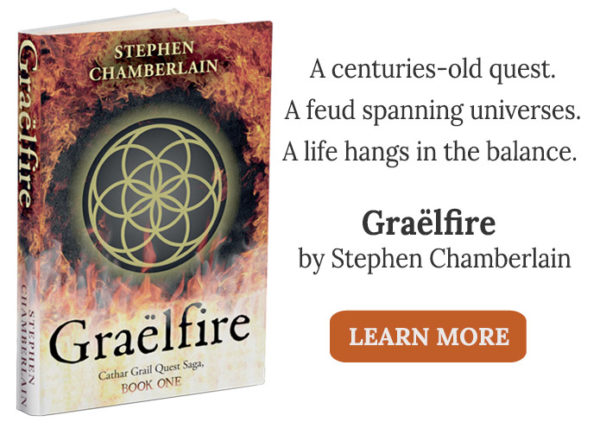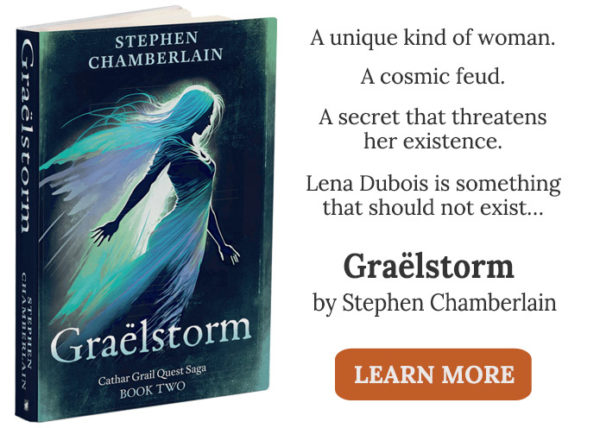“When I examine myself and my methods of thought, I come to the conclusion that the gift of fantasy has meant more to me than my talent for absorbing positive knowledge.” — Albert Einstein
Storytelling
People love a good story. Since time began, stories have created magic and a sense of wonder at the world. They’ve taught us about nature, about life, and about ourselves as humans.
Stories give shape to abstract concepts, making them memorable. No wonder they’re a popular teaching device. Be it fiction, mythology, or history, stories are full of lessons: to stand up for what is right, to speak truth to power, and to never give up in the face of extraordinary odds.
There are many ways to seek explanation or share knowledge: science, philosophy, and religion, to name but a few. What all these have in common with fiction is imagination.
Imagination
According to Einstein, “Knowledge is limited. Imagination encircles the world.”
He meant that imagination is key to science and discovery. It opens doors to new ideas, structures, and technologies. “It is the foundation of all invention and innovation,” wrote J.K. Rowling.
Imagination is an exercise in experimental thought; it’s the process by which we ask questions and explore answers. That’s the merit of storytelling. It stimulates and feeds imagination.
Fantasy Matters
It would be ridiculous to claim fantasy and science fiction are responsible for scientific advances. But speculative fiction inspires a mindset—a sense of wonder in things that aren’t rational and a willingness to speculate about the unexplained.
This gets to the heart of what Einstein meant. Curiosity and imagination go hand in hand. Curiosity leads us out of our comfort zone, but imagination is the mother of invention. It’s not enough to ask questions like “how?” or “why?” Genius stems from our flights of fancy.
Fantasy and science fiction are about delving into the unknown—about exploring beyond the confines of reality in the here and now and probing the realm of possibility. They allow us to break free of “real life” and the rules that go with it. Once considered niche, what sets them apart is the writer’s freedom to change rules and perspectives in whatever way they wish, which explains why they have spawned so many sub genres. It’s why speculative fiction has always sold and always will…why it’s stronger now than ever, and why it outsells literary fiction. Nothing stretches the mind like the question, “What if?”

Stephen Chamberlain is the author of the fantasy novel Graëlfire. He draws inspiration from the impact of landscape on myth, and the association of liminality with the supernatural and magic. Stephen lives in Switzerland.



